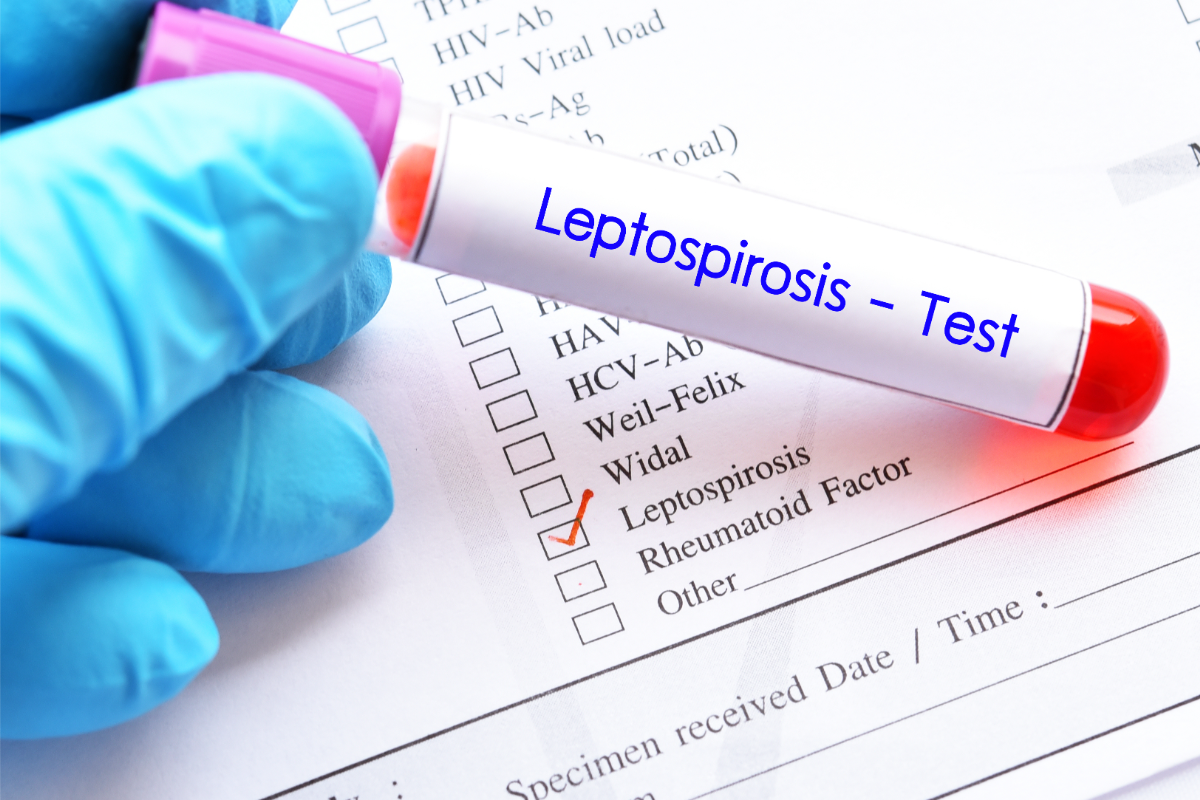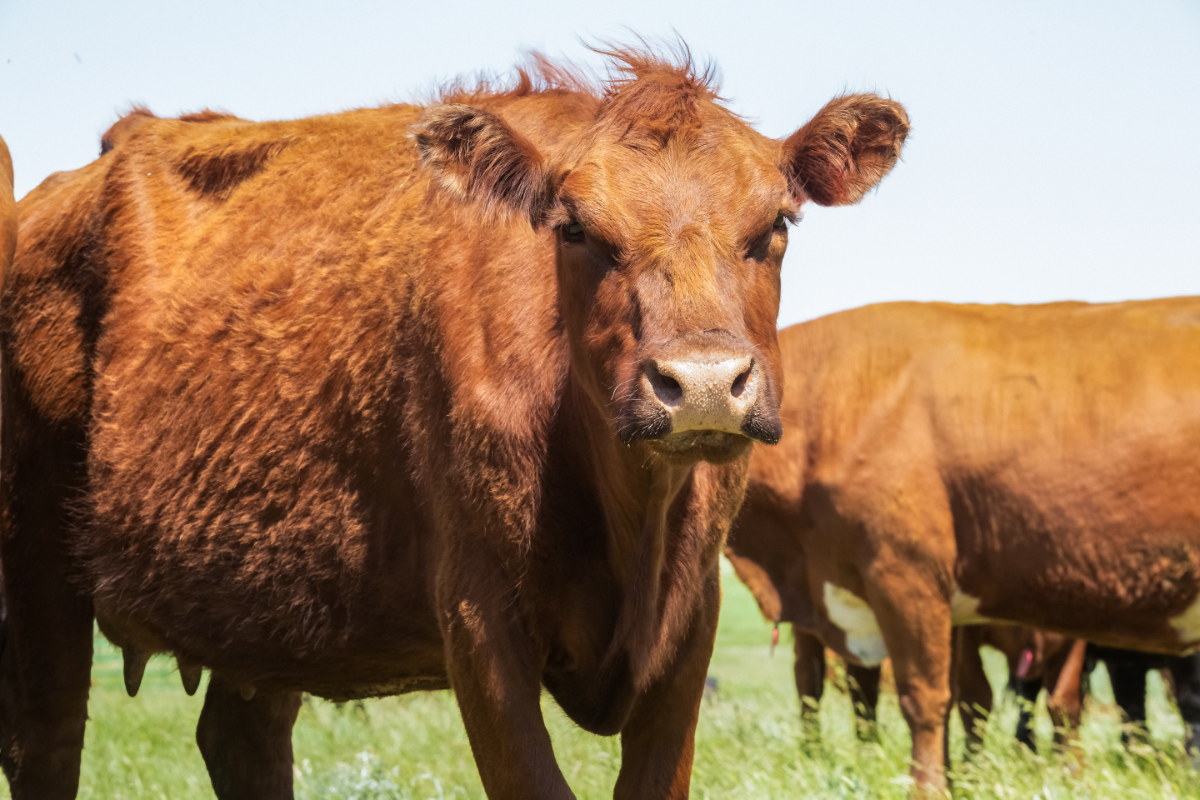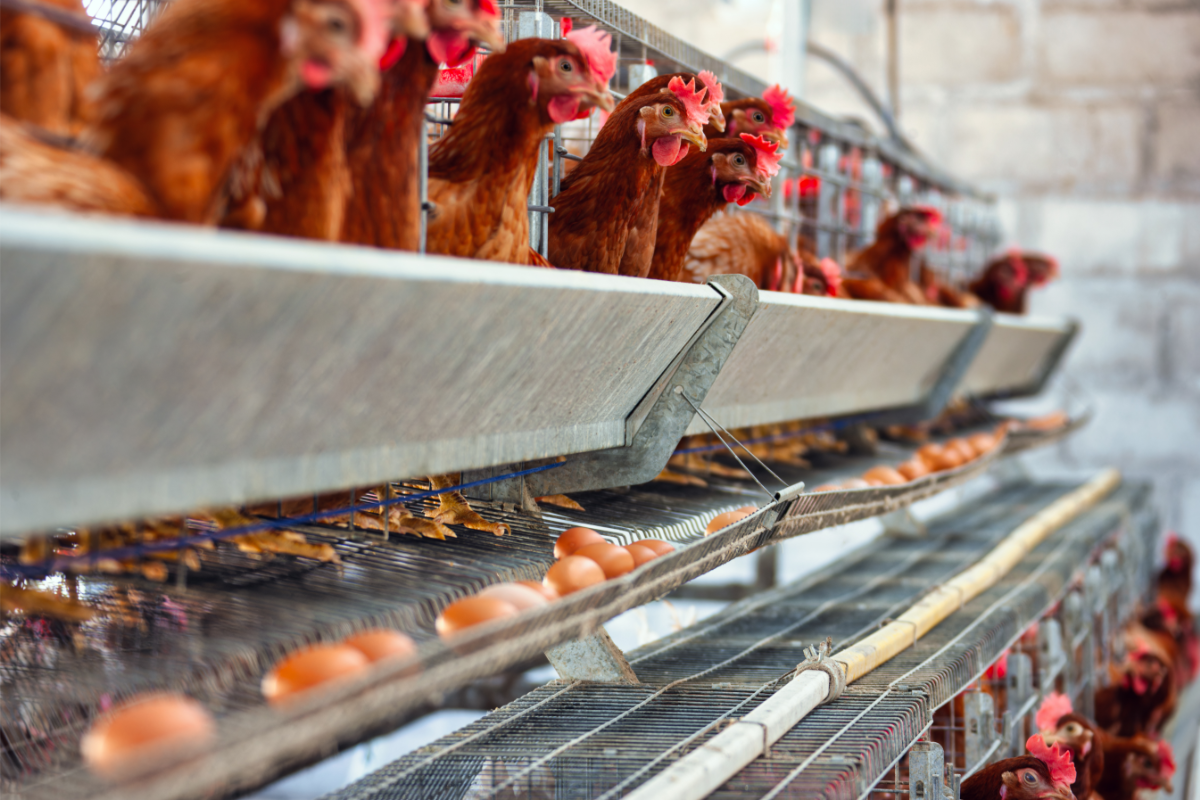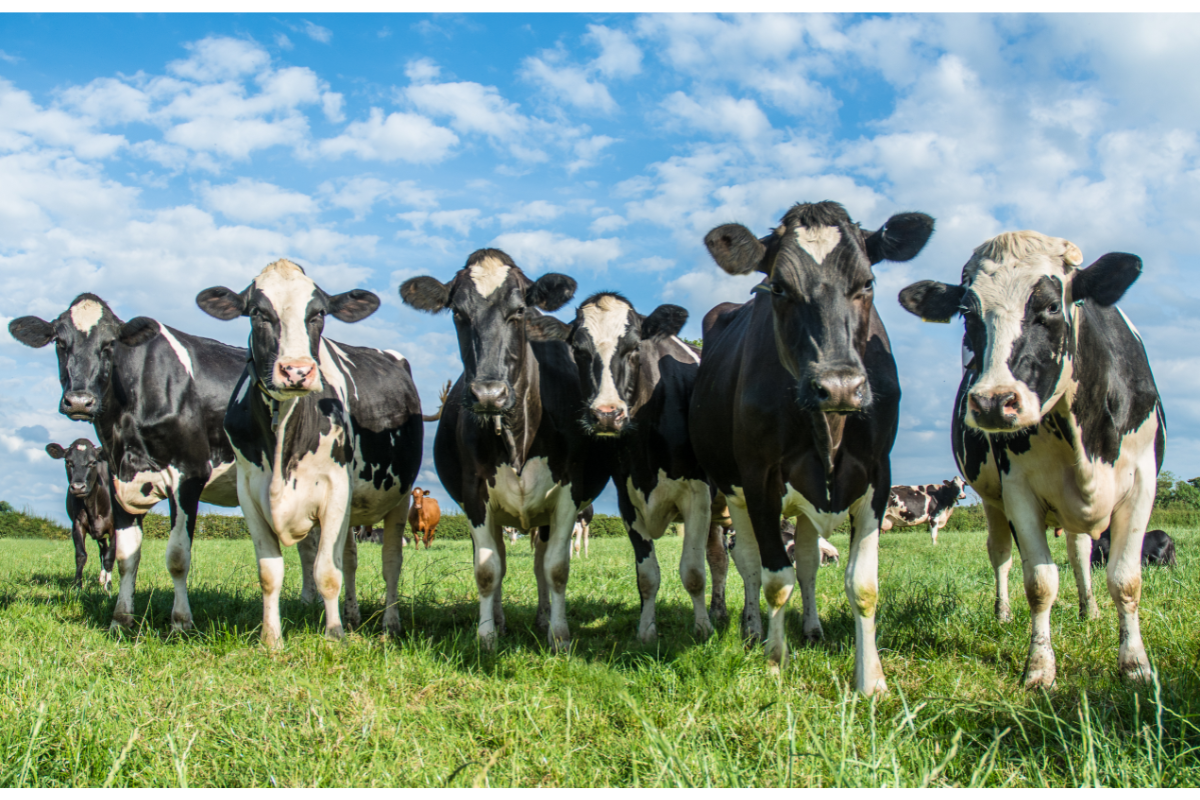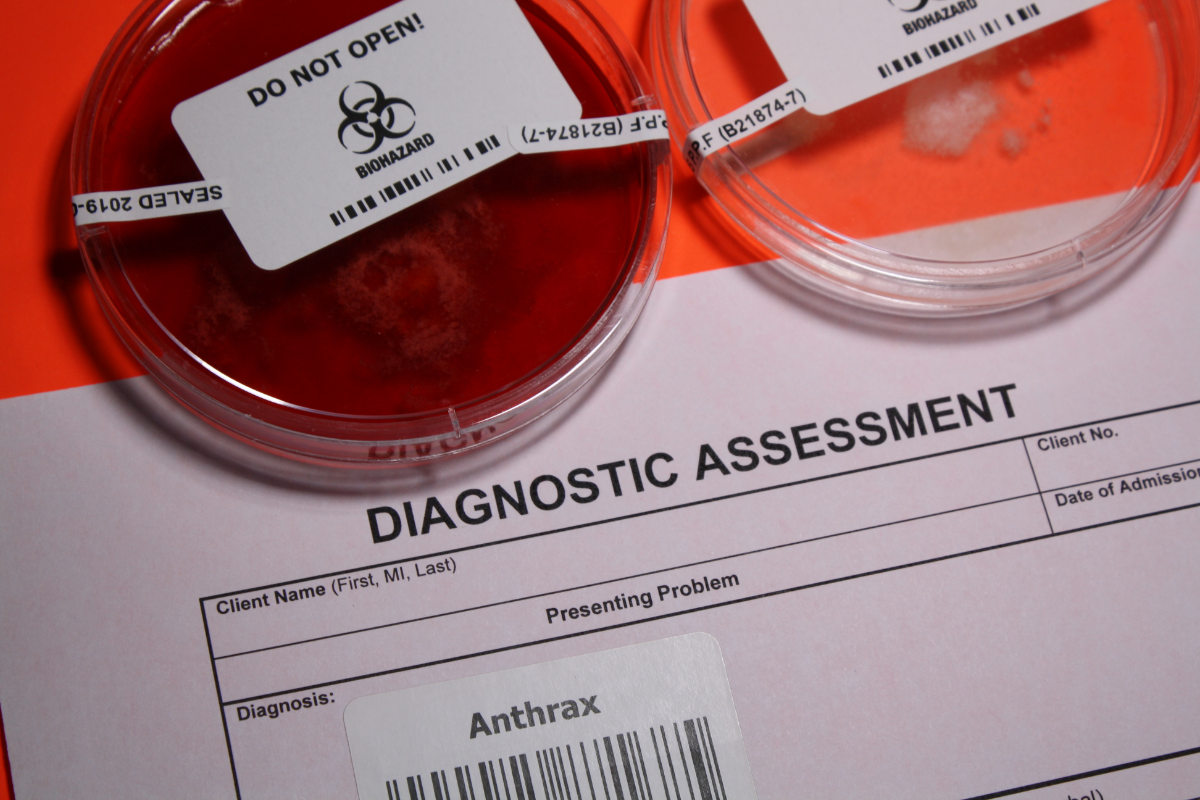Bovine Tuberculosis: A Zoonosis with Crucial Impacts
Tuberculosis is a chronic infectious disease that affects many animal species, including humans. This zoonosis, caused by bacteria of the genus Mycobacterium, is a major public and veterinary health issue. Understanding the mechanisms of infection, modes of transmission, symptoms and possible treatments is crucial in the fight against this disease. What is the infectious agent … Read more





